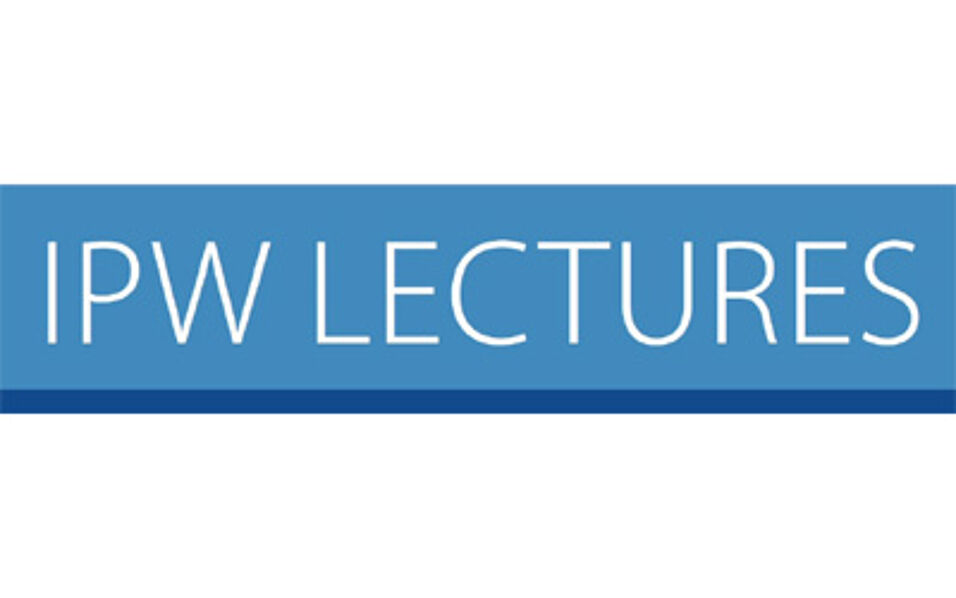Einladung zur IPW Lecture Cäsarische Demokratie in Post-Kommunistischen Ländern: Das Beispiel Polen.
Vortragender: Ireneusz Paweł Karolewski (Uniwersytet Wrocławski / Universität Leipzig)
Moderation: Tatiana Zhurzhenko (Universität Wien)
Wann: Donnerstag, 28. November 2019, 18:30 Uhr
Wo: Hörsaal II, NIG, Erdgeschoß, Universitätsstraße 7, 1010 Wien
Abstract:
Im Jahr 1956 argumentierte Gabriel Almond, dass einigen „kontinentalen“ Demokratien (vor allem Frankreich und Italien in seiner Zeit), eine Tendenz innewohnt, durch “cäsarische Brüche“ eine autoritäre Entwicklung einzuschlagen. Die Idee des Cäsarismus bleibt allerdings in der Politikwissenschaft unterentwickelt und wird bisweilen zur Beschreibung von diktaturähnlichen Regimen verschiedener Couleur verwendet. Ireneusz P. Karolewski entwickelt in seinem Vortrag das Konzept des Cäsarismus weiter und illustriert dieses mit Bezug auf politische Entwicklungen in Polen seit 2015. Vor allem wird auf die Triade des Cäsarismus eingegangen, bei der es sich um (1) Patronage-Netzwerke, (2) Staatsvereinnahmung und (3) ausschließende Identitätspolitik handelt.
All diese Elemente stellen eine „Interaktionsordnung“ (Erving Goffman) dar, die den Cäsarismus unter den Bedingungen einer majoritären Elektoraldemokratie in Polen (und darüber hinaus) fördert.
Eine Veranstaltung im Rahmen der IPW Lectures, einer internationalen Vortragsreihe des Instituts für Politikwissenschaft.

